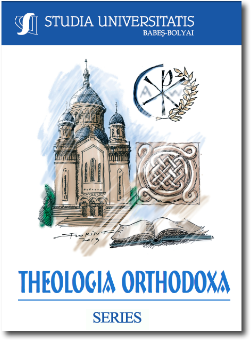
We kindly inform you that, as long as the subject affiliation of our 300.000+ articles is in progress, you might get unsufficient or no results on your third level or second level search. In this case, please broaden your search criteria.

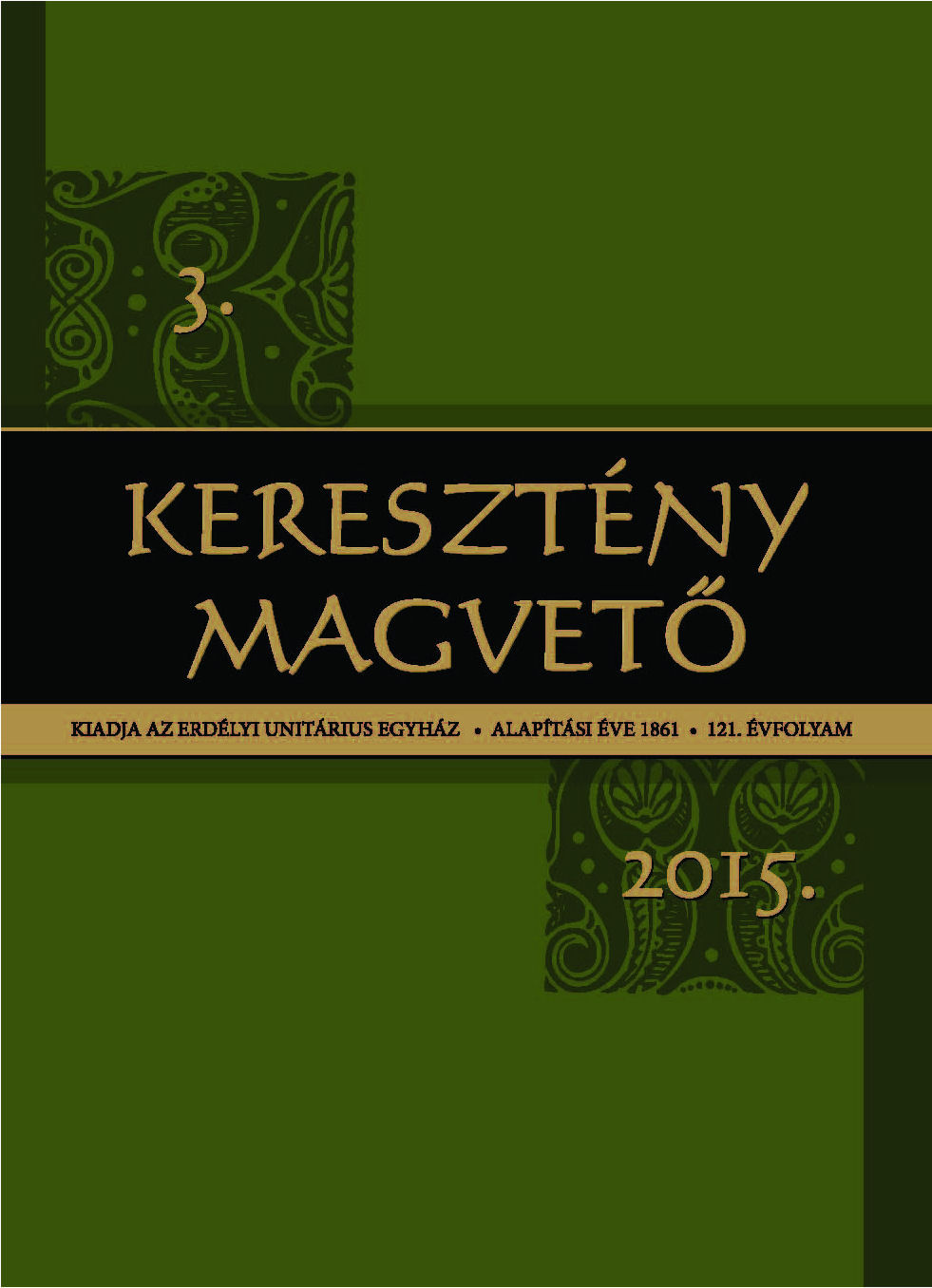
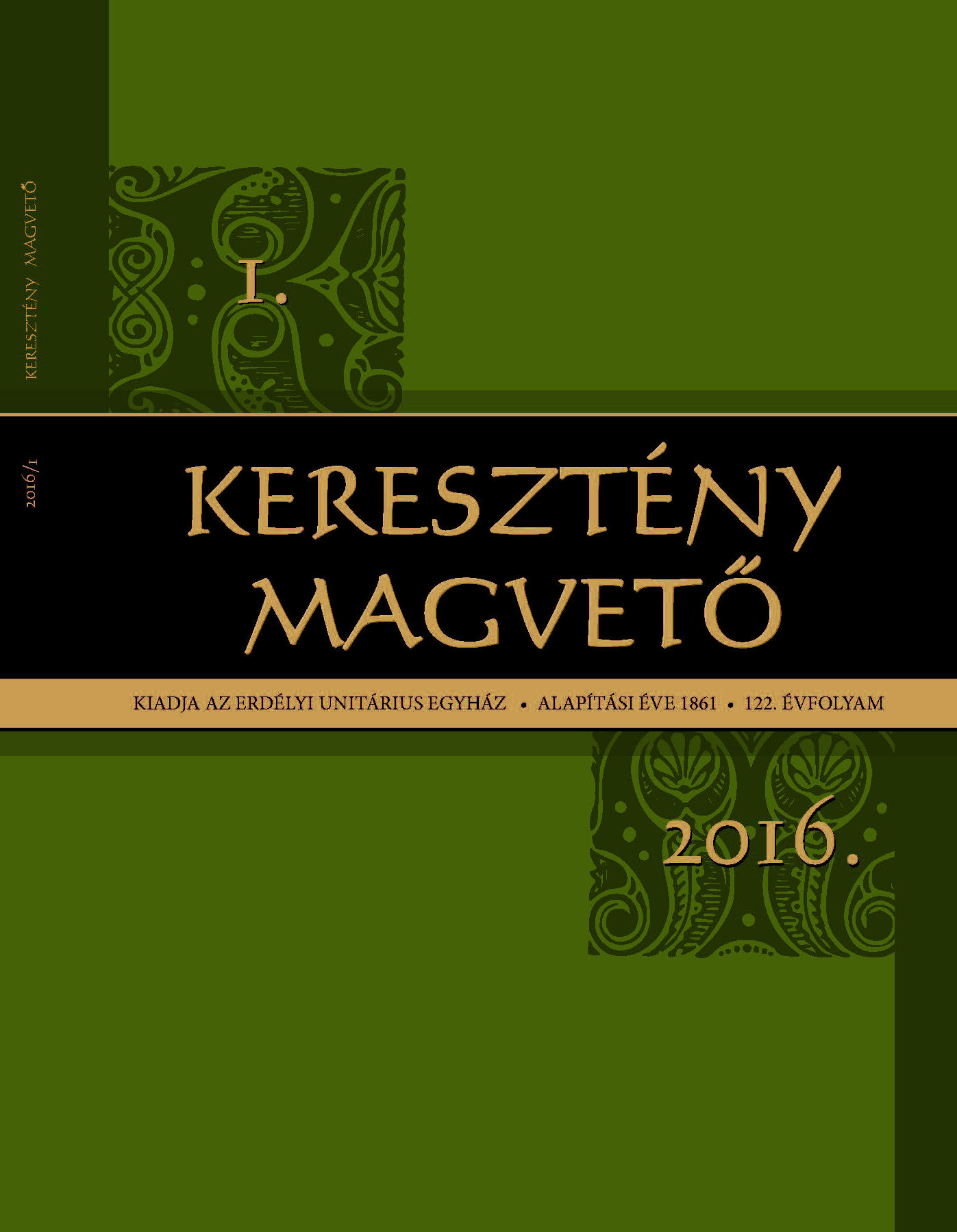

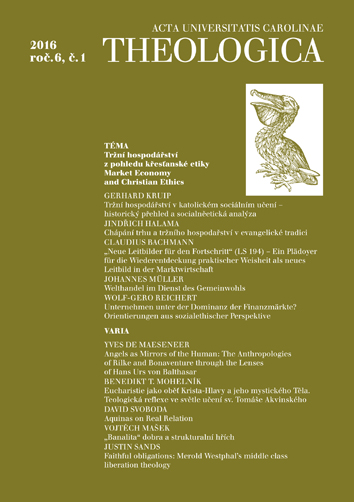
Catholic social teaching, beginning in the 19th century, aimed at nurturing and improving Christian morality in the emerging industrialized societies. However, several significant studies demonstrate that changing social structures were also responsible for the ‘social question’ of the time. Consequently bishops, such as Ketteler, fought for social reforms and a new social order. Nevertheless, the idea that free market economy could play a significant role in coordinating economic agents seemed foreign to Catholic social teaching. In this paper, I argue that today Catholic social teaching acknowledges and appreciates market economies, if and insofar as they are regulated and understood in the sense of a ‘social and ecological market economy’. These principles also need to be implemented on the global scale. This approach corroborates the vision of Pope Francis, despite his radical criticism of worldwide capitalism.
More...
The contribution seeks to give a brief sketch of Protestant attitude to individual economic activities starting with the Reformation. It follows the development of socio-economic views in the Protestant churches in the time of Puritanism and later in the 19th century. It touches the famous thesis of Max Weber and its critiques and gives a picture of the birth of the so-called social market economy in Germany. The Protestant view accepts the basic account for market economy – the powerful human motive of self-interest that makes the market economy efficient. At the same time, the Protestant understanding of sin sees taming excessive manifestations of self-interest as inevitable. This brings a need for a continuous critique of the market economy and for efforts to balance its inclination to selfishness through effective mechanisms of social solidarity.
More...
In the light of the far-reaching leadership failures and business scandals of the last decades, the question has often been raised of whether we are reaping the results of the practical application of abstract management theory which is actually counteracting a socially, environmentally, and economically sustainable market economy. In this sense, Pope Francis recently called for ‘new models of progress’ to reflect on ‘the meaning of the economy and its goals’ (LS 194). To answer these calls, I first provide an overview of the recent discourse in leadership and organizational studies that have critically scrutinized the established theories and models of mainstream business. Second, I draw on the Apostolic Exhortation Evangelii Gaudium and the Encyclical Laudato Si’ to derive the cornerstones of an ‘evangelizing approach’ to the guiding principles of management theory and practice suggested by Pope Francis. Third, to facilitate this renewal, I introduce the ancient idea of practical wisdom (prudence) which has recently enjoyed a remarkable renaissance in the literature and is considered as a new transformative paradigm for management theory and practice.
More...
The process of globalization is a challenge, which demands answers beyond pure economic reasoning. It includes an ethic perspective as a fundament of worldwide cooperation and solidarity. First, the change of world trade under the conditions of globalization will be sketched. A particular problem is the weakening of the rules of the World Trade Organization by numerous regional trade treaties. The Catholic Social Teaching offers some helpful guidelines on the way to a humane world economy. In the light of it, the last paragraph discusses the actual arguments pro and contra on the planned Transatlantic Trade and Investment Partnership (TTIP).
More...
There is a crucial change in the German financial system and listed corporations: The influence of the financial markets has grown in both fields. Subsequently, shareholders can enforce their interests more efficiently than other stakeholders (e.g. affiliates, NGOs, political communities, and employees). In the paper, diverse explanations for this development are presented and evaluated: disintermediation, financial market capitalism and ‘financialization’. Afterward, the topic is discussed in the perspective of theological ethics. Catholic Social Teaching features no financial ethics, but it includes some thoughts that offer an orientation for economic policy, the concept of an economy in service of the common good, the idea of a cooperation between state, market and civil society and socially anchored entrepreneurship as well as the conception of a serving financial economy. In conclusion, action perspectives are described.
More...
In this article we present a theological-anthropological exploration, interpreting the figure of the angel as a mirror of our human condition. The point of departure is an analysis of Hans Urs von Balthasar’s approach to two major sources of our imagination of the angel: Bonaventure (1221−1274) and Maria Rainer Rilke (1875−1926).
More...
The theme of the study is the Eucharist as a sacrifice of Christ and his Mystical Body.
More...
The paper deals with Aquinas’s conception of a real relation. It is divided into four main parts. First, I explain some important characteristics of Aquinas’s theory of relation, namely the legacy of Aristotle as the main source on which Aquinas draws. Second, I explain the formal cause of relation. Third, I deal with the issue of two metaphysical components of a relation. Finally, I argue that a relation and its foundation are really distinct.
More...

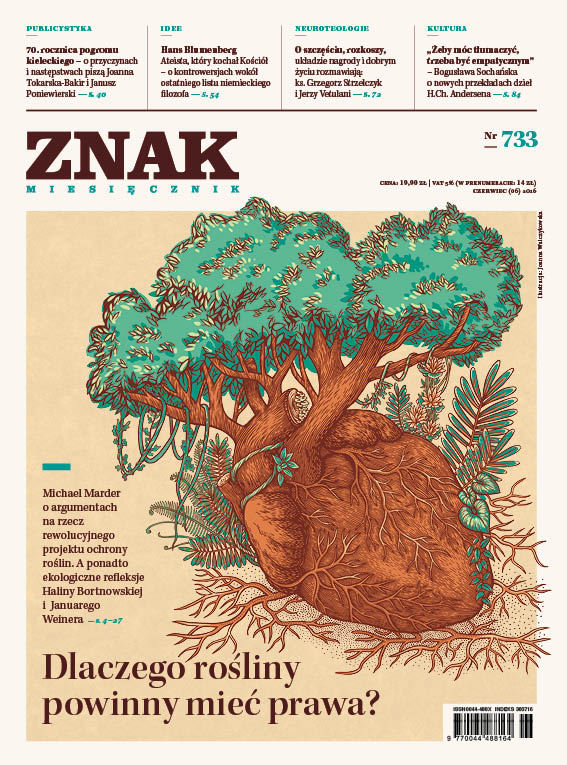
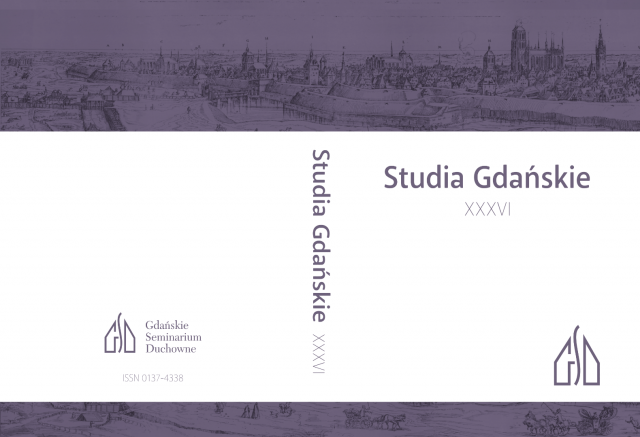
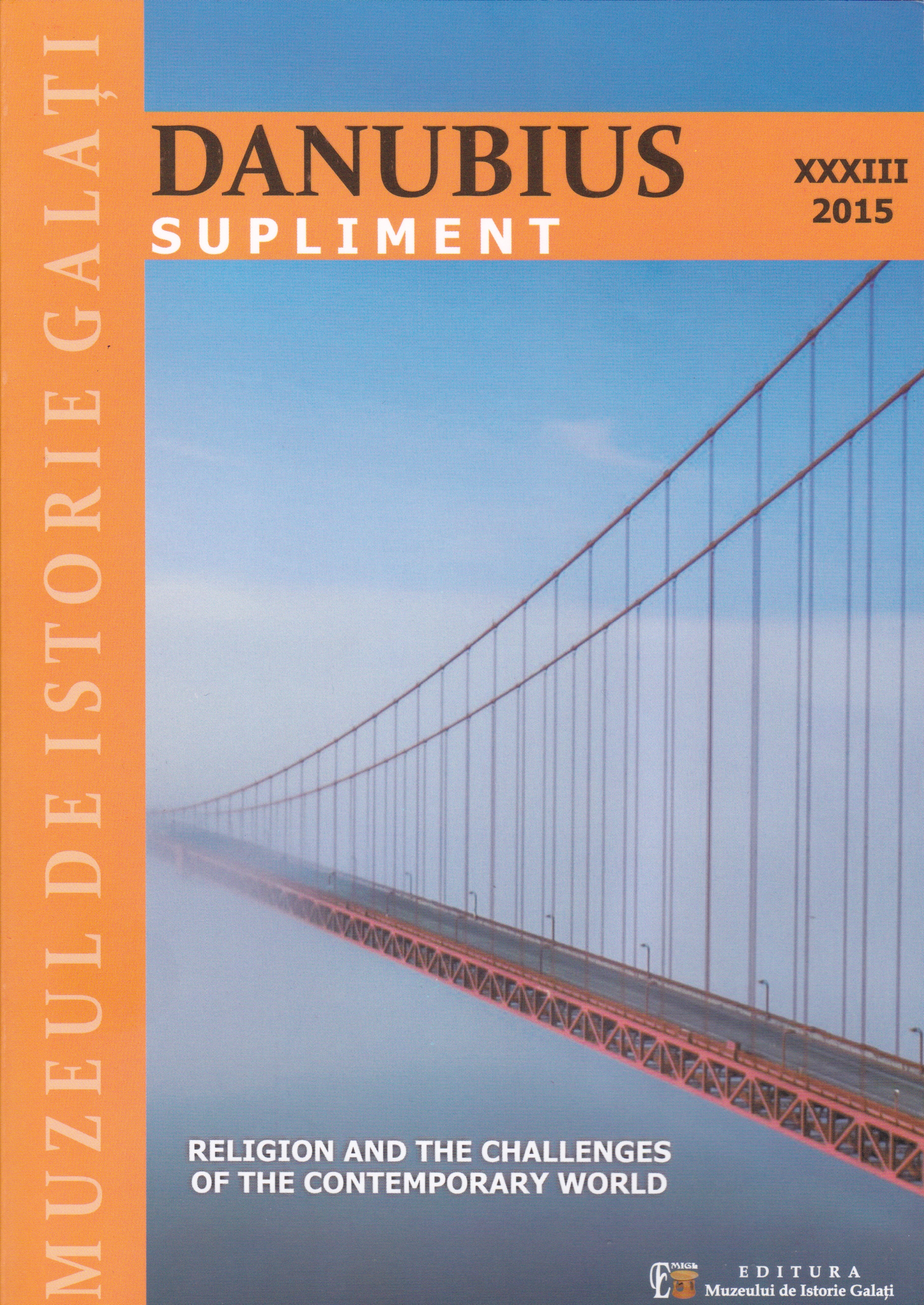
The paper is about the Muslim Community in Uganda, a presentation of the landscape we live in every day. More like an overview, this paper underlines the marginalization of Muslims in all the sectors of national life till the independence in 1962. Nevertheless, Amin's nine year rule changed the history of Islam in Uganda, for the better.
More...
The Christian Egypt (Copts) appreciated the Muslim conquest for stopping the persecution by the Christian Byzantine emperor. Gradually and optionally, many Egyptians converted to Islam in a period of six centuries (from 639 AD to the 12th century). Muslims and Christians lived as neighbours for centuries, with no conflict. To establish the contemporary state, there had been a great debate about making the Egyptian state Islamic or secular. This debate converted to a conflict between the religious, social and political forces in Egypt. This caused a lot of problems and resulted in the loss of the gains of 2011 Egyptian revolution. In this paper, I show the impact of the perspectives of both sides on the democracy in Egypt and on the Egyptian revolution path. Then, I propose a framework to resolve this conflict.
More...
The collapse of the Soviet Union opened path to post-Soviet countries for all sorts of religious organizations, missionaries, as well as for religious activities, that existed underground during Soviet period or emerged after 1991. That time, widely addressed as Religious Renaissance in Russia, added new trends to religious landscape of the country, already immensely diverse. People had to find their own religious views, for majority lost because of the state policy. In many cases it was the reinventing of religion. Religious diversity of Russia is strongly connected to the ethnic adherence of the population. The common position is “Russian means Orthodox”, “Tatar means Muslim”, “Kalmyk means Buddhist” and so on. But the attendance of religious events is not that popular as labeling oneself as religious. Most of religious practices this day can be studied with three major conceptual frameworks. One describe existing rituals and places of worship (bricolage), second tells us more about attitude to religious organizations (vicarious religion) and third places the question under study in the context of state policies (ties between church and state). Can we say that in Russia there is pluralism? Solving problems with religious diversity and creating this pluralistic ideology is possible only by means of “melting” some differences for the same of civil society or the idea of citizenship. But it seems that Russia's chosen another way of solving the growing problems of diversity.
More...
The thesis of this research project is that, despite the disappearance of the Communist and secular policy of implementing an atheistic worldview and life, neither the Communist regime, nor the post-socialist Romania have led to a low attendance of religion, as it supports the rational choice theory of religion (TARR), but to a new revival of it. This logic of revival manifests itself especially among younger generations who have been socialized in the new world-a-lifetime post-socialist and takes the form of different beliefs. But this is not so problematic in the last decade as it is the process of secularization that every religion and denomination has to confront. In the post-Communist era, the established church and all other denominations, despite the consolidated political power, did not gain control of the life of the young Romanian generation. In the context of the emergence of a new secular culture that structures the practices and the subjectivities of the younger generations, religious institutions articulate different strategies of counter-secularization and that makes the religious pluralistic dialogue in Romania special.
More...